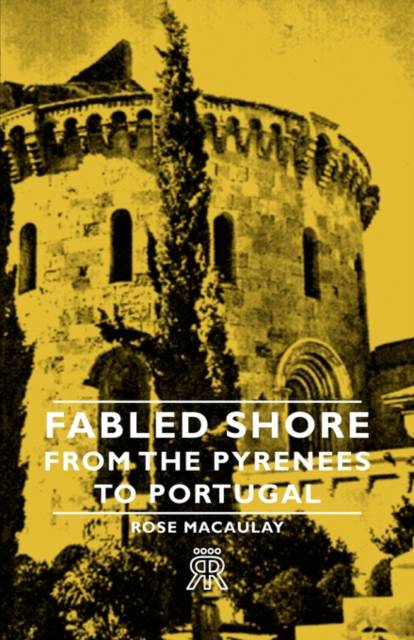
- Retrait gratuit dans votre magasin Club
- 7.000.000 titres dans notre catalogue
- Payer en toute sécurité
- Toujours un magasin près de chez vous
- Retrait gratuit dans votre magasin Club
- 7.000.000 titres dans notre catalogue
- Payer en toute sécurité
- Toujours un magasin près de chez vous
44,95 €
+ 89 points
Format
Description
A Greek mariner from Marseilles compiled in the sixth century B.C. a topographical sailing book of his voyage from the Lands of Tin in the northern seas, down the western coast of Portugal and round the Sacred Cape, and so along the southern coast of the Iberian peninsula, through the Pillars, and along the Mediterranean coast to Marseilles, his home. The later part of this sailing book, from the Tartessos region (near Cadiz) to Marseilles, had great detail, describing each bay, each cape, each port, for the benefit of those Greek merchant mariners who adventured and trafficked down that far and fabulous coast to the Pillars of Hercules, and beyond these into the dark and questionable Atlantic where the silver mountains stood back from the Tartessian shore. From this sailing-log, or rather from some later Greek version of it, the late Roman poet, Rufus Festus Avienus, made, towards the end of the fourth century A.D., the poem that he called Ora Maritima - dull and prosy verse enough, but fascinating material; to those making part of the same journey, every line has interest. And from Avienus I had thought to borrow the title of this travel book. But it did not go down well with my publishers, for the booksellers believed that their clients would take it for a girl's name, and when they came to read the book, be profoundly disappointed and return it. So I renounced Ora Maritima for a title less deceiving. Fabled Shore is a true description of this long strange coast and its haunted hinterland, to which Homer sent Odysseus voyaging, where, in the regions about Tartessos, dark Tartarus was placed, and the Elysian plains, the abode of the blest, 'at the ends of the earth, where life is easiest. No snow is there, nor great storm, nor ever any rain; but always Oceanus sends forth the breezes of clear-blowing Zephyrus.' That, as Strabo observed, is obviously Iberia. As to the Islands of the Blest, they lie opposite Cadiz. And it was in the Cadiz region too that Herakles killed Geryon and drove away his cattle. Herakles indeed was the hero of all this shore; he sought the Hesperides and their golden apples off it; and he it was who clove in two the bridge of land that joined Africa to Spain, so that to this day its two halves are called the Pillars of Hercules. Indeed, most Greek legends were at one time placed in that far western land that stretched, mysterious and unknown, beyond the Pillars and the familiar Mediterranean, along the fabulous Outer Ocean to the Sacred Cape.
Spécifications
Parties prenantes
- Auteur(s) :
- Editeur:
Contenu
- Nombre de pages :
- 244
- Langue:
- Anglais
Caractéristiques
- EAN:
- 9781406704617
- Date de parution :
- 02-08-07
- Format:
- Livre broché
- Format numérique:
- Trade paperback (VS)
- Dimensions :
- 140 mm x 216 mm
- Poids :
- 312 g







